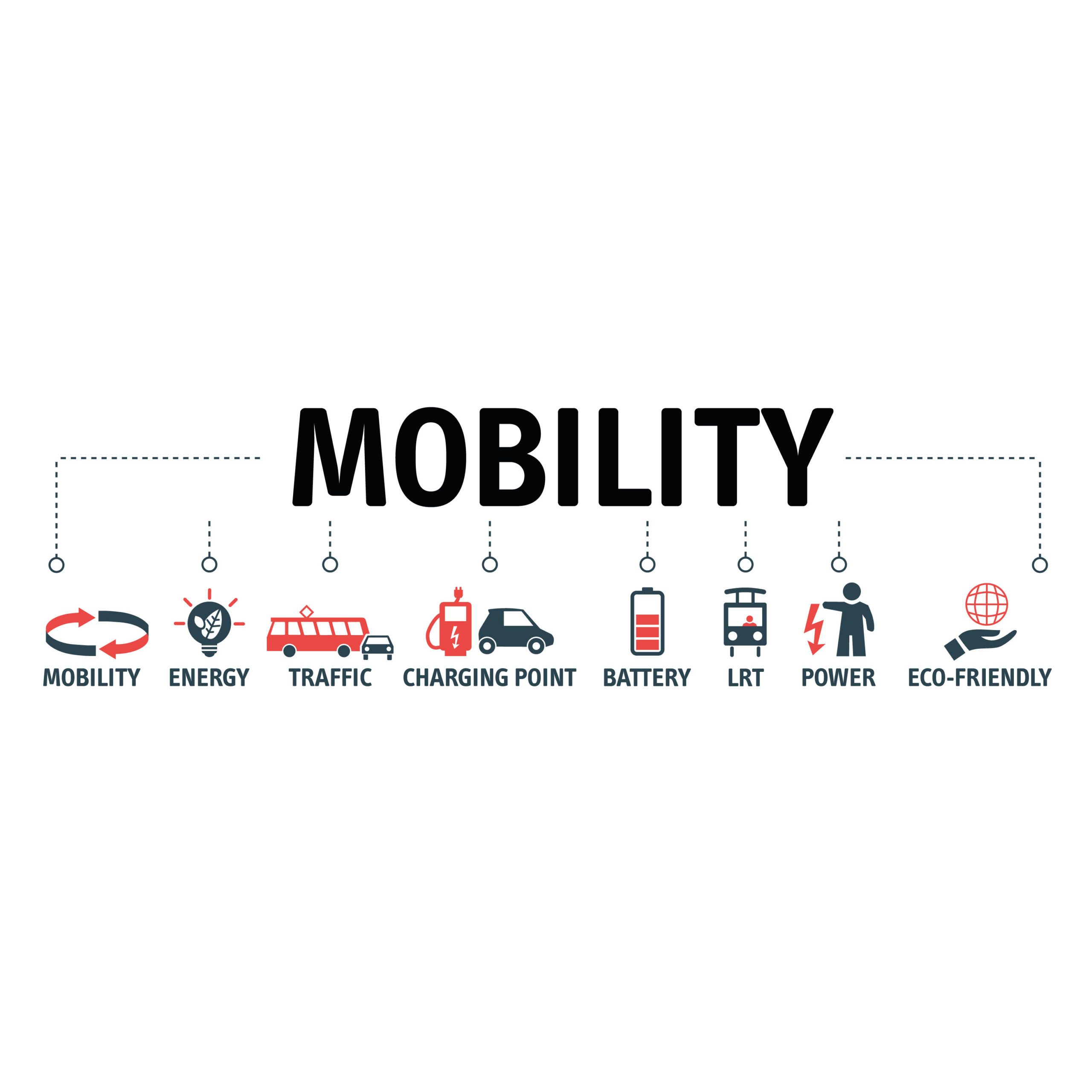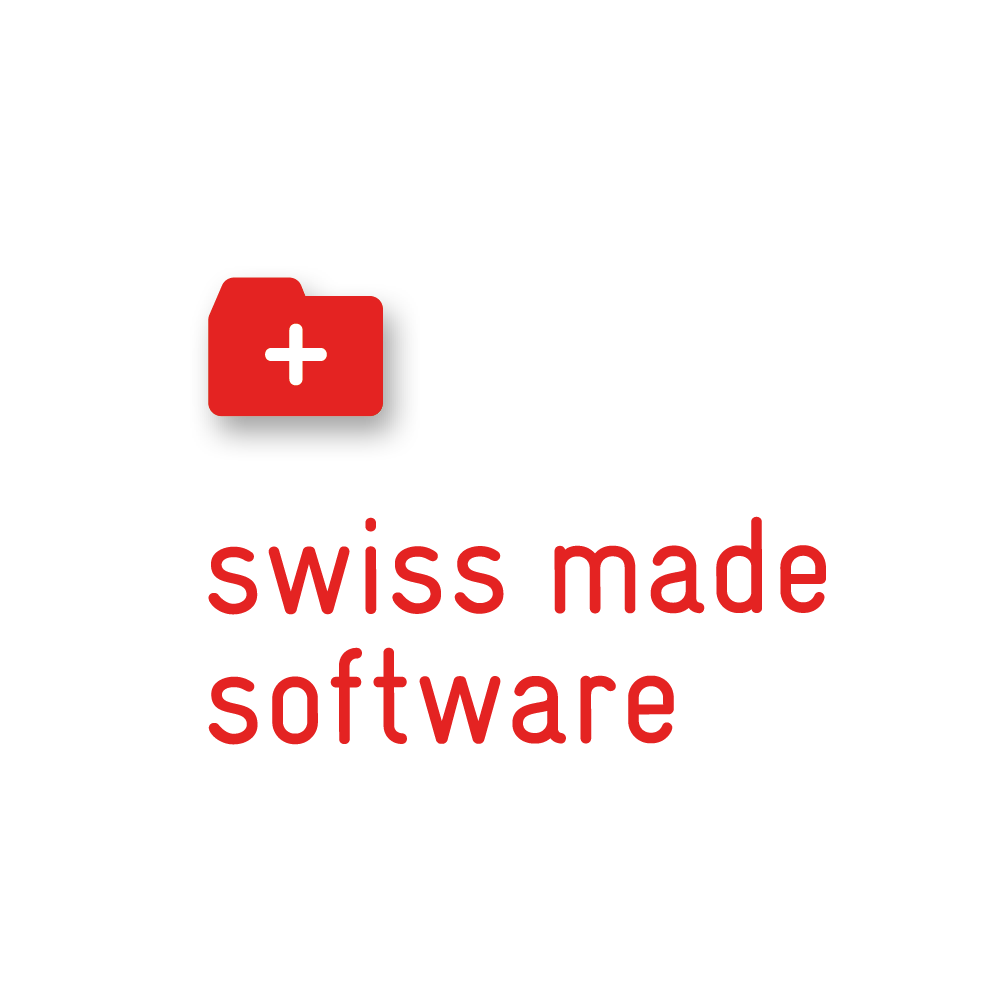Mobility in the digital age: “a challenge for Switzerland”
In Switzerland, the mobility sector lacks uniformity and a real sharing of data. This was the outcome of the 20th colloquium of the Swiss Telecommunications Association (ASUT), which brought together some 420 participants in Berne. Softcom was there.
“What I take away from this day is that mobility is subject to rapid changes, with, among other things, an evolution towards as a service and multimodal mobility,” reports Marie-Laure Grandgirard, Project Manager at Softcom. However, the development of this sector in Switzerland is hampered by a lack of uniformity and interdisciplinary and intercantonal exchanges, hence a currently fragmented organization. We’re a long way from the networked ecosystem. Selective measures are taken, but there is no coordinated approach at the system level as a whole. According to several speakers, there is a lack of “a global and binding vision of mobility”.
 Presented exclusively at the colloquium, a study conducted jointly by PwC Switzerland, the University of St. Gallen and ASUT, confirms that the Swiss mobility landscape is “fragmented” and that the willingness of established players, namely regulatory authorities, providers and users, is “rather reduced”.
Presented exclusively at the colloquium, a study conducted jointly by PwC Switzerland, the University of St. Gallen and ASUT, confirms that the Swiss mobility landscape is “fragmented” and that the willingness of established players, namely regulatory authorities, providers and users, is “rather reduced”.
However, the establishment of a networked analogue and digital ecosystem is necessary to solve current and future problems. According to Gabriele D’Achille, Transport & Logistics Manager at Pwc Switzerland, the regulation and global governance of mobility need to be reviewed. A social and political consensus on the Swiss mobility system, involving the Confederation, is necessary. The creation of a national coordination and governance body for network mobility was also discussed at the colloquium.
In addition, incentives to participate in this ecosystem and the exchange of mobility data should be further introduced.
“The examples that were given by the speakers attest to the fact that Community Labs are a good way to encourage data exchange and meetings. As part of our ITERA mobile application project initially developed with Fribourg Public Transport (TPF), we have already created a small community with Neuchatel Public Transport (TransN), Biel Public Transport (TPB) and as well as the Montreux Oberland Bernois Railway Company (MOB), which we would like to grow further,” says Marie-Laure Grandgirard.
In Austria, the federal agency AustriaTech, specialized in digital and automated solutions for mobility, is a fan of sandboxes (experimental spaces) and other data hubs to stimulate innovative ideas and make it easier their implementation.
For example, five “urban mobility laboratories” have been set up in Austria to support innovation, especially open innovation, as Doris Wiederwald, team leader at AustriaTech, explained.











